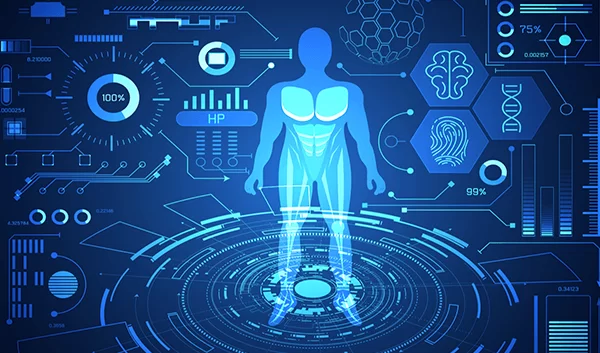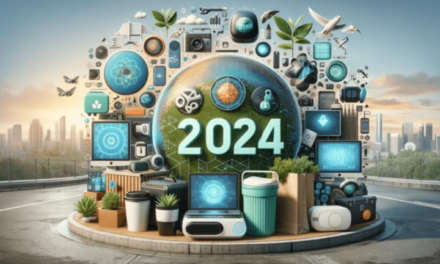In the midst of the digital age, healthcare is undergoing a profound transformation fueled by innovations in technology. The emergence of HealthTech, the intersection of healthcare and technology, is revolutionizing how we approach medical care, diagnosis, treatment, and overall well-being. From telemedicine to wearable devices, let’s delve into the HealthTech revolution and explore the digital solutions that are reshaping the landscape of healthcare.
1. Telemedicine and Virtual Care: Telemedicine has emerged as a game-changer in healthcare accessibility. Through virtual consultations and remote monitoring, patients can receive medical advice and care from the comfort of their homes. This digital approach not only enhances convenience but also expands healthcare access, particularly in remote or underserved areas.
2. Wearable Health Devices: Wearable devices are empowering individuals to take charge of their health. From fitness trackers monitoring physical activity to smartwatches measuring vital signs, these devices provide real-time health data. Wearables promote preventive care by enabling users to track their wellness metrics and make informed decisions about their lifestyle.
3. Electronic Health Records (EHRs): The transition from paper-based records to Electronic Health Records (EHRs) has streamlined healthcare administration and improved patient care. EHRs facilitate seamless information sharing among healthcare providers, reducing errors, enhancing coordination, and ensuring a more comprehensive understanding of a patient’s medical history.
4. Artificial Intelligence in Diagnostics: Artificial Intelligence (AI) is revolutionizing diagnostic capabilities. Machine learning algorithms analyze vast datasets to identify patterns and assist in the early detection of diseases. AI applications range from interpreting medical imaging, such as X-rays and MRIs, to predicting patient outcomes based on historical data.
5. Remote Patient Monitoring: Remote Patient Monitoring (RPM) utilizes connected devices to monitor patients outside of traditional healthcare settings. For individuals with chronic conditions, RPM offers continuous tracking of vital signs and symptoms, allowing healthcare providers to intervene promptly and tailor treatment plans based on real-time data.
6. Health Apps for Personalized Care: Health apps have proliferated, offering personalized health and wellness guidance. These apps cover diverse aspects, including nutrition tracking, mental health support, medication reminders, and fitness planning. The customization of health interventions contributes to a more individualized approach to well-being.
7. Robotics in Healthcare: Robotics plays a vital role in both surgical procedures and patient care. Surgical robots assist surgeons with precision and dexterity, minimizing invasiveness and recovery times. Robotic devices also aid in rehabilitation, helping patients regain mobility and functionality through targeted exercises.
8. Telehealth Platforms and Collaborative Care: Telehealth platforms bring together healthcare providers, allowing for collaborative care and multidisciplinary consultations. Through virtual conferences and shared patient information, specialists can collaborate in real-time, ensuring comprehensive and well-coordinated healthcare services.
9. Blockchain for Data Security: Blockchain technology is enhancing data security and integrity in healthcare. It ensures secure storage and sharing of patient data, protecting sensitive information from unauthorized access. Blockchain also streamlines processes such as billing and insurance claims, reducing administrative complexities.
Challenges and Future Outlook: Despite the transformative potential, the integration of HealthTech faces challenges such as data privacy concerns, regulatory hurdles, and the need for interoperability among various digital solutions. Overcoming these challenges requires ongoing collaboration between healthcare professionals, technology developers, and policymakers to create a cohesive and secure digital healthcare ecosystem.
In conclusion, the HealthTech revolution is reshaping the healthcare landscape, bringing forth a new era of patient-centric, data-driven, and digitally enabled medical care. The integration of technology not only enhances accessibility and efficiency but also empowers individuals to actively participate in their health management. As the HealthTech ecosystem continues to evolve, the future holds the promise of more advanced and personalized healthcare solutions that contribute to improved outcomes and a healthier global population.





